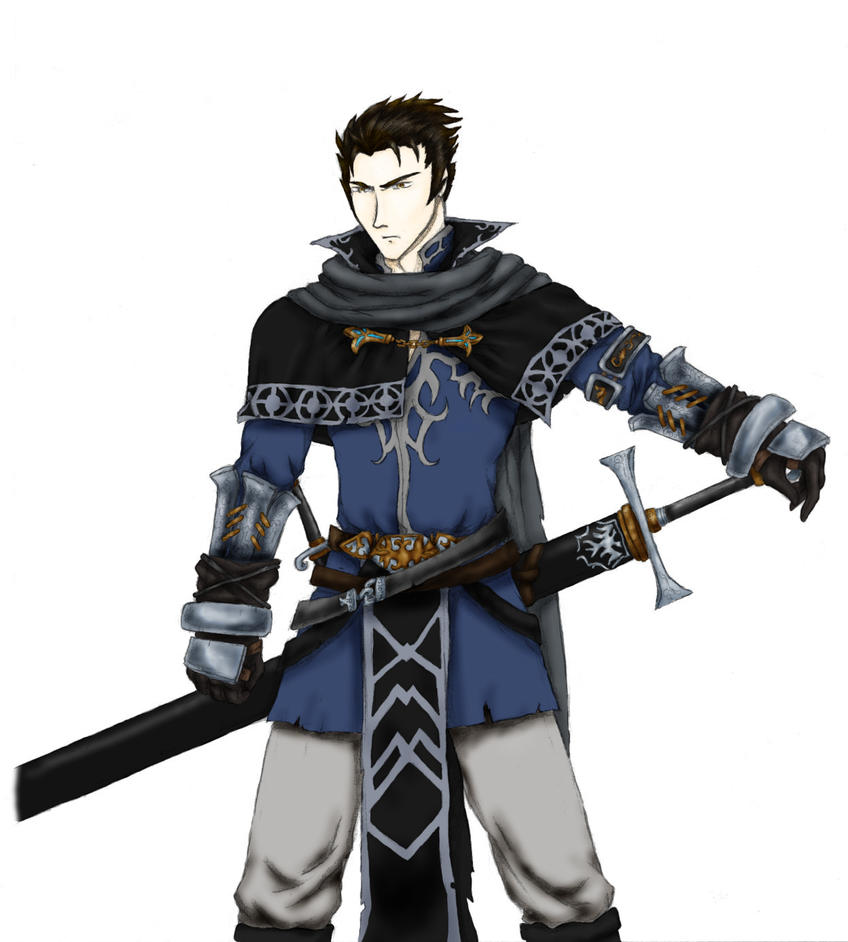Memories
Power for spells are drawn from memories. Memories can be taken from the caster or another via use of the spell Memory Leech (see actual spell for conditions). When a memory is consumed it disappears from the subject entirely. Others may try to remind the subject of said memory, but it will never return exactly the same as when it was originally made. The experience will only be vicarious, and thus the potentcy of the memory as a tool for magic significantly weakened.
Require No Power:
Hypnotic Daze: When the caster meets eyes with their intended subject, the subject enters a hypnotic daze. In this state the subject is susceptible to suggestion and cannot move. Their eyes are also fixed open and will not close until the daze is over.
(subjects susceptible to suggestion WILL NOT do things they would not be willing to do normally. Someone cannot be made to kill themselves unless they were otherwise considering such an action. Even in such a situation, the subject will simply be more likely to consider taking such an action.) The daze ends when eye contact is lost, but the subject is not necessarily aware when and/or if they are under a hypnotic daze.
Memory Expedition: When the subject is in a daze, the caster may go on an expedition into the subjects memories. The expedition leaves the caster prone and unaware of their surroundings, but allows themselves to experience the subjects memories as if they were their own. If the caster is not looking for a particular memory, they will find more recent or less prominent memories first. If the caster has a particular memory in mind, they will encounter one of three possibilities: The memory is readily and easily accessible; The memory is accessible, but only after wading through other memories; or the memory is heavily guarded. Regardless, when on an expedition there is always a possibility that the subject's mind will attempt to defend against caster. The caster may have to employ
Inhibit Inhibitions to weaken the defences of the mind or fight the defences internally.
Require Power:
Inhibit Inhibitions: When the subject is in a daze, the caster may inhibit the subject's inhibitions. This ability weakens the subject's will to varying degrees depending on the amount of power put behind the spell. Lower levels make the subject more willing to go against more basic inhibitions, where higher levels make the subject more willing to go against self-preserving inhibitions. Inhibit Inhibitions is most effective when coupled with the caster's knowledge of the subject's memory.
Cost: Equal to strength of spell level cast.
Memory Leech: When the caster is on a memory expedition, they may use memory leech. The spell will only be successful if the caster has already experienced the memory in its entirety. The power needed for this spell is half that of the memory's potency. This is why power drawn from another individual's memories is only half as powerful as drawing from one's own memories. It's important to note that the caster must already have enough power to use Memory Leech before acquiring the new memory for the spell to be successful.
Cost: Equal to half the potency of the memory being leeched.
Altered Memory: While on a
Memory Expedition, the caster may alter a subject's memory. Depending on how well the change fits with the rest of the memory, and other memories, it may be resisted. However, a clever caster will utilize their knowledge of the subject's memories to create a believable, barely-resisted altered memory.
Cost: Equal to a fraction of the altered memory, or the entire cost (depending on variables)
Create Memory: While on a
Memory Expedition, the caster may plant a fake memory inside the subject. This memory will have an impact with an effect equal to the impact of the memory sacrificed. Fake memories, however, may be met with resistance and can be overcome with will (and aided against when contradictions are revealed). However, if the caster is clever, they can use their knowledge of the subject's other memories to create a more realistic, less resisted, memory.
Cost:
Equal to double the potency of created memory
Sleep: When the subject is in a daze, the caster may use this spell to put the subject to sleep.
Cost: Equal to one basic memory.
Nightmare: When the subject is asleep, the caster can project a nightmare into the subject's brain. When they awake, they will fear the focus of their nightmare until they've had a proper nights rest.
Cost: Equal to one basic memory.
***Thanks to Jinx and The Butterfly for premise of using memories as a resource, and other various influences throughout!





